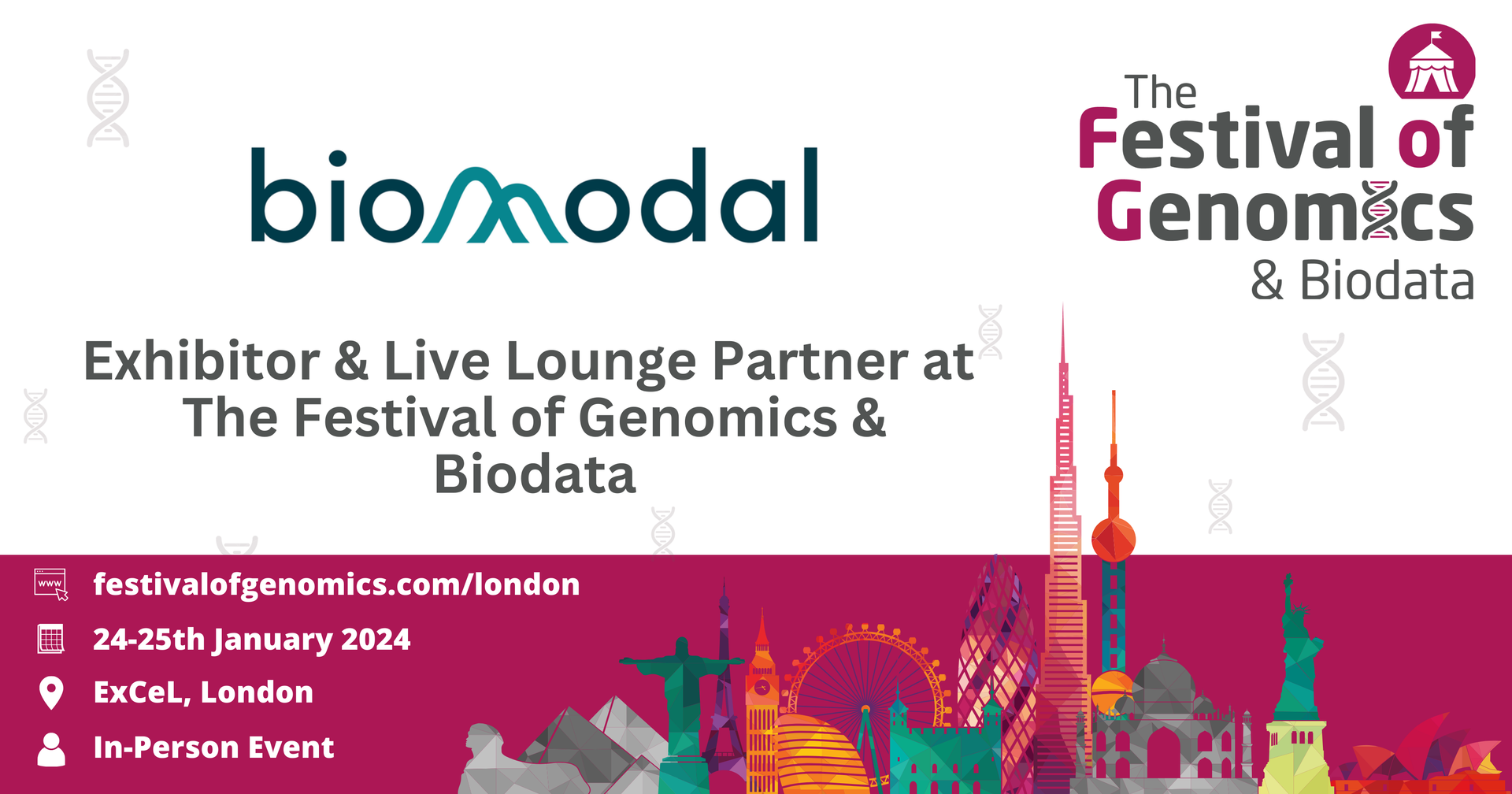We’re looking forward to seeing you at the 9th annual Festival of Genomics & Biodata in London on Wednesday 24th January and Thursday 25th January 2024.
The Festival is the annual get-together for the entire genomics and biodata community to discover, meet, learn and celebrate!
The Festival will bring you inspirational speakers, the latest research and clinical breakthroughs, cutting edge technology and incredible networking opportunities.
The Festival is designed to help you return to work, armed with dozens of new ideas and contacts, but also to keep you engaged, excited, and proud of the difference your efforts make for patients.



